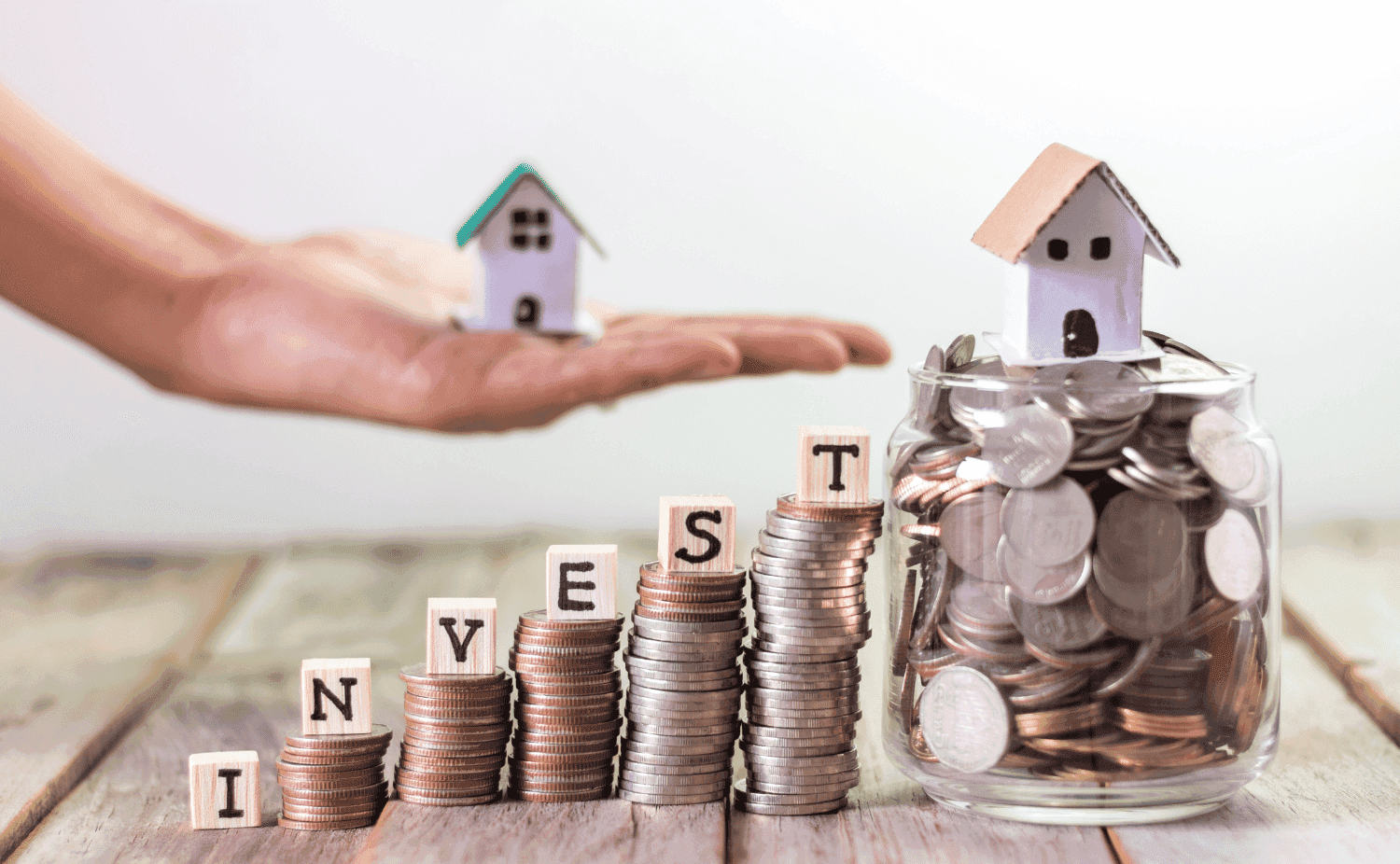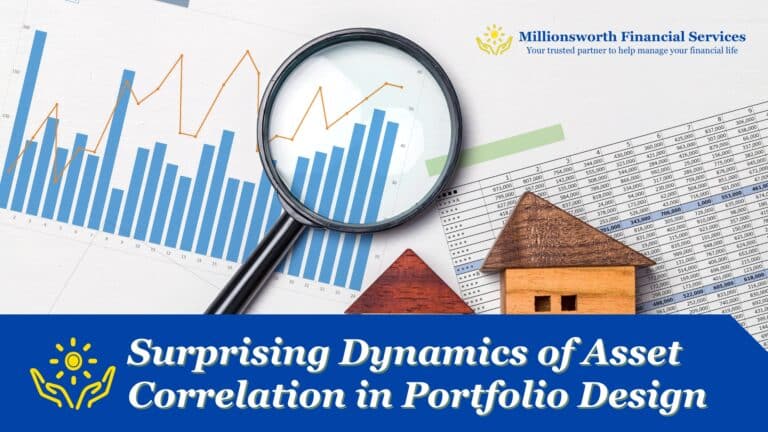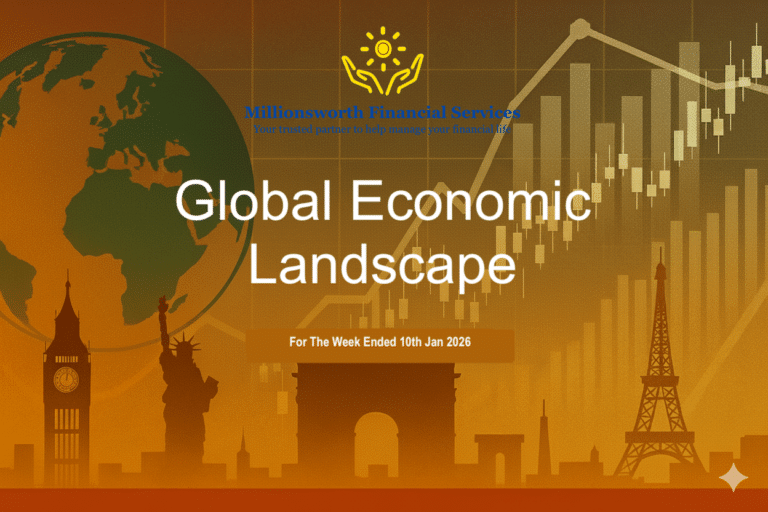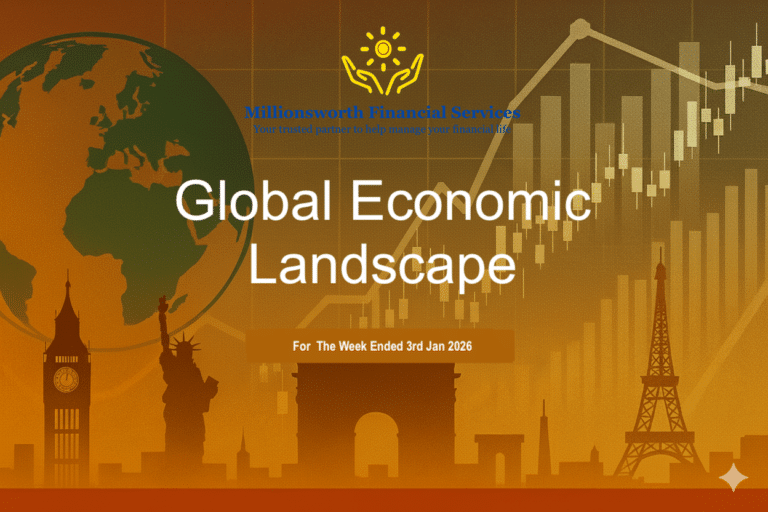A lot has been spoken about the COV-19 virus now and we all are aware and reading of impact on the day to day life-extending to investments and economy in general. Everyone has been curious about what one should do in regard to their investments given this market freefall. Read below for our view on the same.
It all started with China, and for some time the rest of the world was looking at China, the most populous nation of the world, with curiosity, at what had suddenly erupted within the region. While China was battling with the fast-spreading virus and the Chinese markets had started tanking, Markets in the US, as well as India, were quite resilient for some time. Little did anyone anticipate that in a few weeks equity markets in our country too would nosedive with an intensity, that has never been witnessed by market participants in the last 3 decades or so.
Looking at the current situation, the stock market fall, in the global markets and India, is mainly on account of Fear of the Unknown. What has complicated the global scenario? Is that amid the virus fear and panic and an oil war that’s broken amongst oil majors, talks breaking off between Russia and the OPEC and with Saudi Arabia swiftly dropping oil prices and announcing an increase in production, with the intention to throw US Shale companies out of gear.
Due to the extended bull market in various economies across the globe and extreme narrow rally in 2019 unsupported by valuations that made the correction inevitable, The COVID-19 outbreak acted as the trigger. The lockdowns will have some serious impact on the economy. Though all the country’s governments are taking necessary steps to avoid further spread of this pandemic and stabilize the economy, we still don’t have any clarity on how long it will take. Thus, we think that the turnaround time of the market may take longer, though the Indian and global markets would respond favorably once human and economic activities are restored.
Also, in order to understand the revival, one can take reference from the Chinese economy as how strongly their manufacturing activities has bounced back ahead of analysts expectation in March 2020 which was recorded as all-time low in February 2020, though the fear of low export demand remains due to prevailing lockdown in other countries.
Learnings from the past corrections:
If history is to go by, markets usually rebound the most in 3-6 months post sharp corrections. The exception to this is one instance during the Tech meltdown of 2000, markets have delivered positive returns in the subsequent 12-month period. On average, it takes about 156 days between peak to trough – the lowest has been 35 days in 2006 and the highest 410 days in Nov 2010-Dec 2011.

Source : economictimes.com
Current Market Valuation:
Nifty 50 Index is currently trading at a discount to its long term averages basis 12 months forward PE and PB estimates, indicating an opportunity to invest in equities.

Source : economictimes.com
Similarly, the equity earnings yield versus the bond yield is comfortably above its 10-year average indicating that equities as an asset class are attractive given that more value can be created by investing in equities in the long term.

Source : economictimes.com
So what will change the market sentiments?
While government and central bank actions will serve as palliatives, the stock markets, currently gripped with fear, will want to assess the overall damage to the economic activity and demand, and this will be clear only once there is a tangible improvement in the corona situation. Until such time, markets may continue to be volatile and susceptible to daily news-flow and hypothesis with respect to the pandemic.
What should be an investment strategy:
From current equity investments, there isn’t much significance in exiting now, with prices down almost 30% from their all-time highs early in the year. If you do get out hoping to buy in at a lower price, you won’t — you’ll wait for the new bull market to be “confirmed” by surpassing the price at which you sold! It’s just human nature.
Further, given the attractive valuation of equities over bonds, investors should consider buying a portfolio of high-quality growth stocks or large and multi-cap category mutual funds in the next 3 – 12 months, while not deviating much from their overall asset allocation. An aggressive investor may consider creating a satellite portfolio of small and midcaps. On the other hand, a spike in bonds yield due to fiscal pressure is also an opportunity for fixed income/debt fund investors. Though bond prices have rallied after the policy rate cut by the Monetary Policy Committee, experts believe that there is more room for the rally in bond prices.
However, we would like to alert investors that they should avoid any excessive leveraging strategy and remain prepared for the long haul.
Since there is no precedent and thus no good playbook for the global recession that is currently unfolding, we would strongly suggest consulting with your investment advisor before finalizing your investment plan.





